EV Charger Installation Brisbane
We provide EV charger installation across Brisbane. We can supply and install an EV charging solution that’s perfect for your home!
Our EV Charger Installation Services
Installation Only
If you’ve already purchased an EV charger, Martel is licensed to install any single phase or three phase device.
Supply & Installation
We partner with leading brands like Ocular, so we can supply and install your perfect charging solution.
Tesla Charger Installation
Martel Electrical can install the Tesla Wall Connector that you purchased alongside your new vehicle.
Which EV Charger is Right For You?
We recommend the Ocular LTE Plus charger for most homes. The Ocular LTE Plus is affordable, versatile and packed with intelligent features like smartphone controls.
EV chargers are divided into four different power categories:
Header | Level 1 Charging | Level 2 Charging | Level 2.5 Charging | Level 3 Charging |
|---|---|---|---|---|
Charging Rate | 2.4kW to 3.7kW | 7kW | 22kW | 50kW to 350kW |
Range Added Per Hour (approx)* | 17km | 48km | 155km | 350km** |
Estimated Charging Time (0-100%)* | 18 hours | 6 hours | 2 hours | 45 minutes |
*Note: these charging times are calculated based on a battery capacity of 39kWh
**Level 3 charging is only available at commercial charging stations
The best EV charger for your vehicle depends on how often you drive the car, how far you drive each day, and your budget. Choosing the right system can cut down on installation costs while ensuring your batteries are always topped up.
It’s better to choose an EV charger that is slightly overpowered than one that is underpowered. Consult your owner’s manual to see the recommended charging rate for your vehicle (measured in kilowatts), or ask the Martel team about selecting a compatible charger.
Tesla Wall Charger Installation
Tesla pioneered the affordable electric car, and they’re still the top-selling brand in Australia. If you’ve purchased a Tesla then you may also have bought Tesla’s own home charging system. Tesla EV chargers are affordable and high quality, and Martel Electrical is equipped to perform any Tesla wall charger installation Brisbane wide.
Tesla offers single and three-phase charging solutions that are suitable for freestanding homes, townhouses and apartments. The cost of a Tesla wall charger installation in Brisbane depends on where you want the charger located and whether you need any wiring or switchboard upgrades.
Martel Electrical recommends the Tesla Wall Connector for most homes. The Wall Connector is compatible with the Tesla Model S, Model 3, Model X and Model Y, and it provides up to 11kW of charging. This can add approximately 85km of range per hour, depending on the model and trim you select.
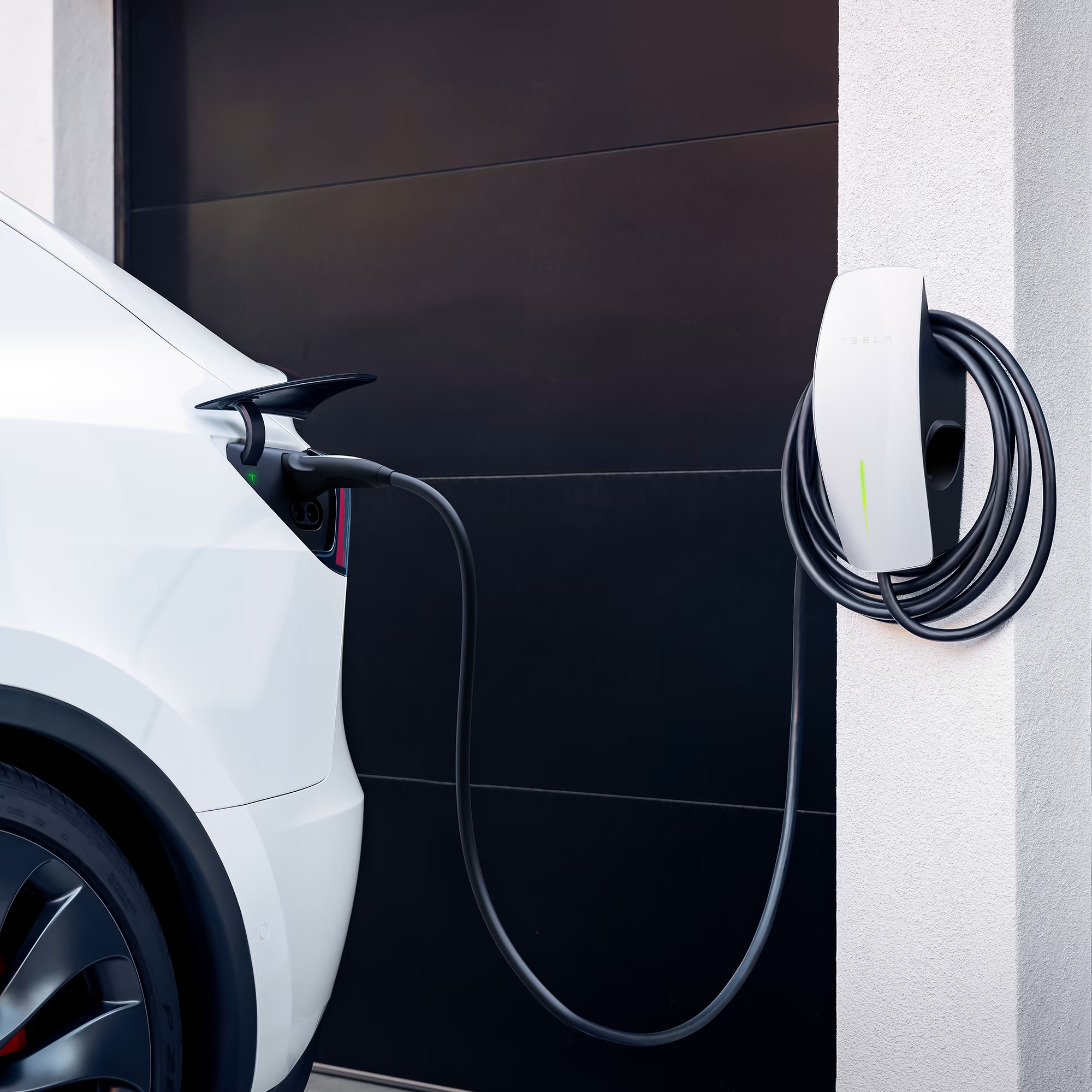
Image Source: Tesla Website
Get a Quote on EV Charger Installation
Martel Electrical offers electric car charger installation services in Brisbane. If you need an EV charger or if you want to know whether your home is EV-ready, contact us for a quote!
Our EV Charger Installation Process
There are lots of EV charging solutions on the market, and Martel Electrical can help choose the right one for your home. Picking the right system can make a big difference to your power bills and the value of your property. When you work with Martel Electrical, doing an electric car charger installation on your property is simple:
1. Select a charging system.
There is no shortage of at-home EV chargers available. We work with systems from manufacturers like Tesla and Ocular, and we’re happy to offer honest advice to help you select the best EV charger for your home, vehicles and budget.
2. Check your electricity supply.
Before you purchase an EV charger, we’ll check your home’s electrical circuits to make sure they’re up to the task. Older homes may need to be modernised, or you may need to upgrade to three-phase power for Level 2.5 charging.
3. Obtain approval from Energex
Energex has placed limits on which homes can install EV chargers and how much power they can consume. We’ll need to check with Energex to make sure your property is compatible with the charging system you’ve selected.
4. Installing your charger.
Finally, we’ll visit your property and take care of the installation work. Whether we’re upgrading your home to three-phase power or simply installing a Tesla unit, we’ll make sure your new EV charger is installed safely and works perfectly.
EV Charging Brands We Recommend
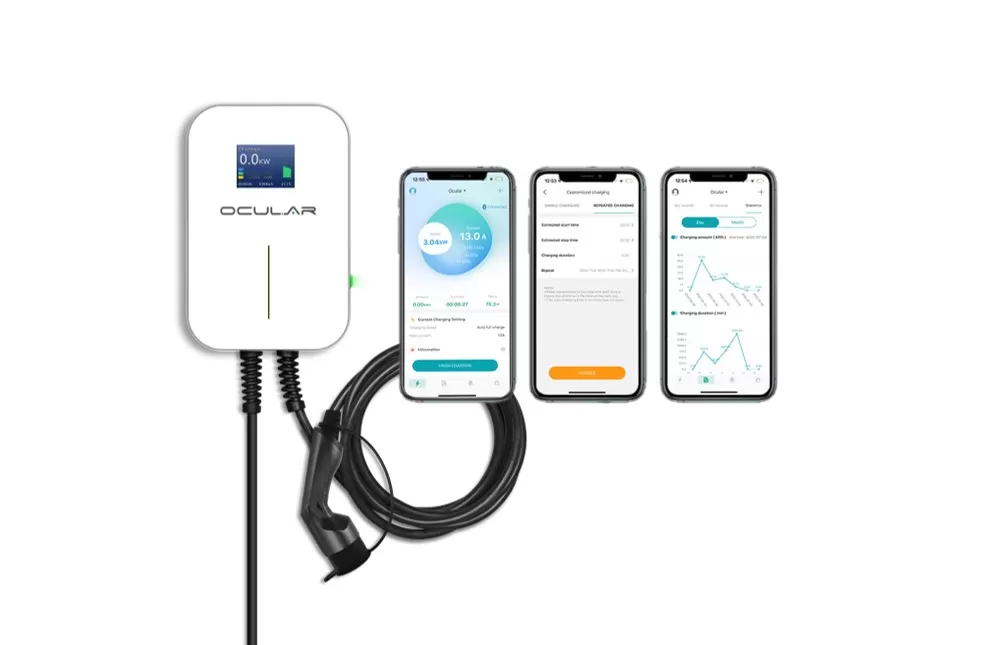
Martel can supply an EV charger from one of our trusted suppliers. We typically recommend using systems from Ocular Charging.
Ocular provides state-of-the-art single-phase and 3 phase chargers that are compatible with most makes and models of EV. Their latest products include LTE connectivity and smart solar charging integrations. This allows you to control and monitor your charging status from a smartphone app.
Alternatively, we’re happy to install a wide range of EV chargers from Tesla and other manufacturers. If you purchased a charger when buying your car then give us a call! We can assess your property and provide a quote for an electric car charger installation.
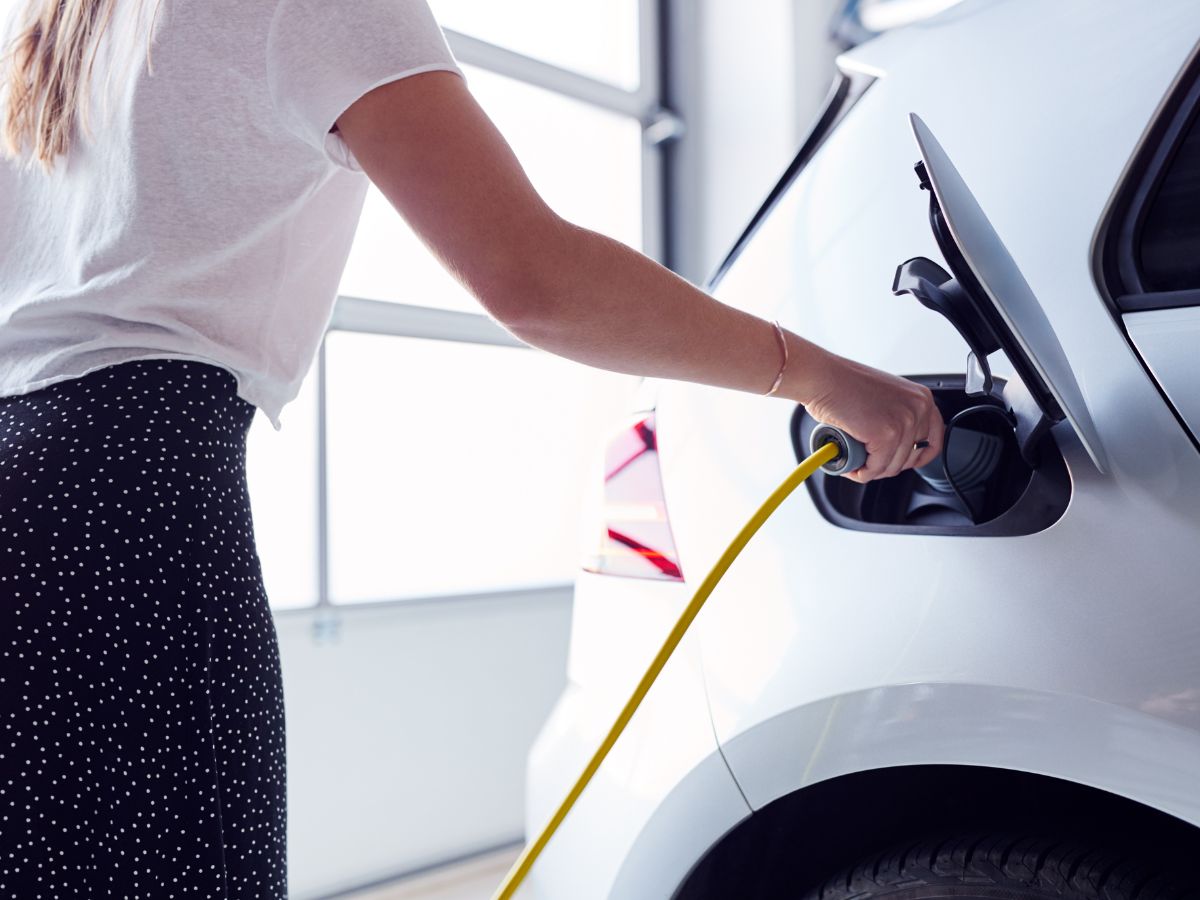
Single Phase EV Charger Installation Brisbane
Martel Electrical provides installations for Level 1 and Level 2 EV chargers. These types of chargers use single phase power that’s compatible with your home’s existing wiring.
Most electric vehicles currently use a single phase charging system. Single phase EV chargers consume less power. It takes longer to charge your vehicle, but they’re affordable to buy and simple to install.
Three Phase EV Charger Installation Brisbane
We also provide three phase EV charger installation in Brisbane. Installing a three phase power supply gives you access to far more energy, allowing you to run EV chargers up to 22kW.
Not every home or vehicle is compatible with three phase power. If you’re interested in three phase charging, our team can assess your property and help select the right system for your vehicle, home and budget.
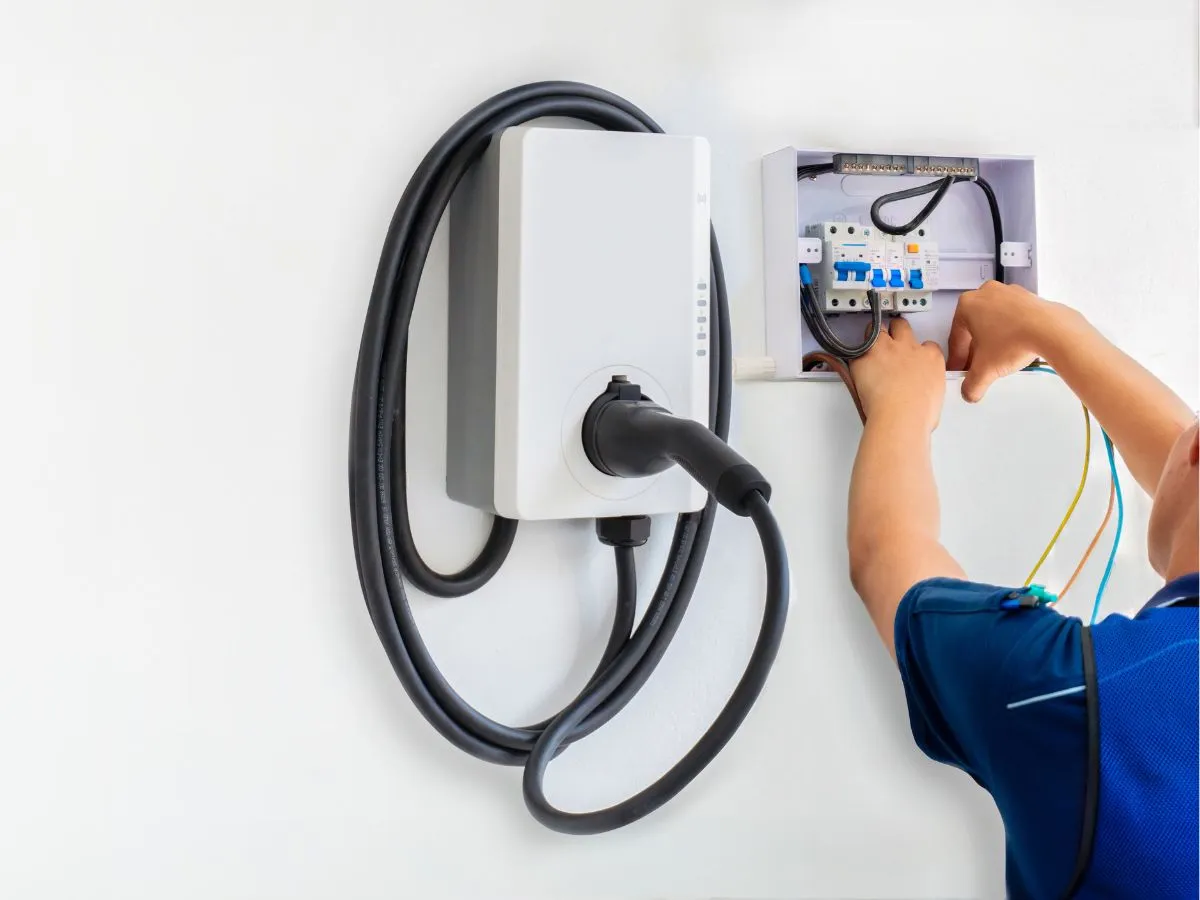
Electric Vehicle Charging Connectors
Electric vehicle charging connectors are the plugs you use when charging an EV. EV charging connectors vary depending on:
- The vehicle manufacturer
- The manufacturing region
- Make, model and production year
EVs sold in Australia follow the same standards as European EVs. This means most Australian EVs are fitted with a Type 2 connector, although some older vehicles may have a Type 1 connector.
Cars made by Toyota, Subaru, Nissan, Honda and Mitsubishi use ChAdeMO connectors. These bidirectional connectors are only compatible with DC fast charging – your car will have a separate plug for Level 2 charging at home.
Tesla uses their own connectors for new EVs sold in Australia. You may need an additional adaptor if you want to charge a Tesla using charging equipment from another manufacturer.
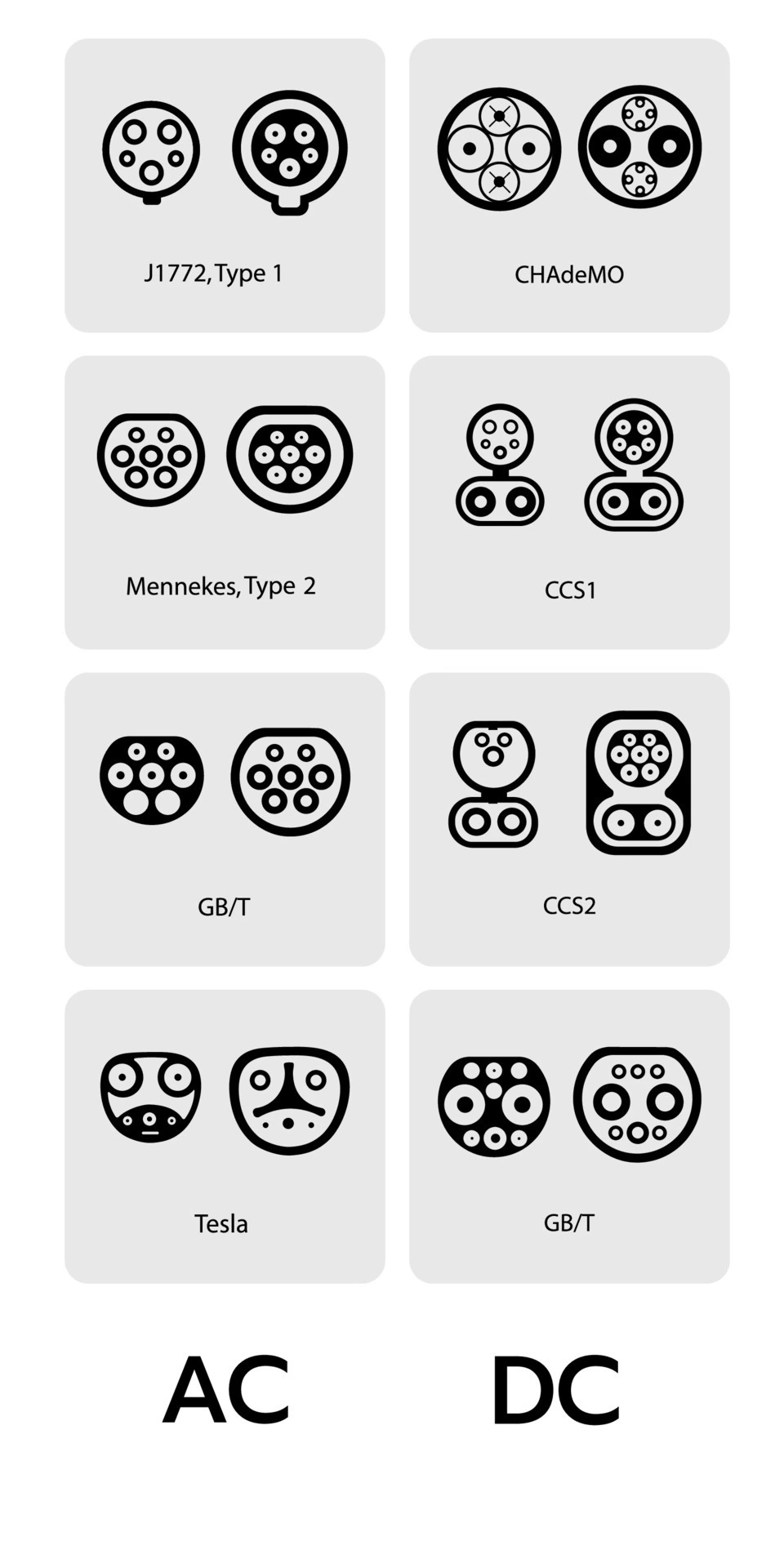
Image Source: Static Vecteezy
EV Charger Compliance Testing and Maintenance
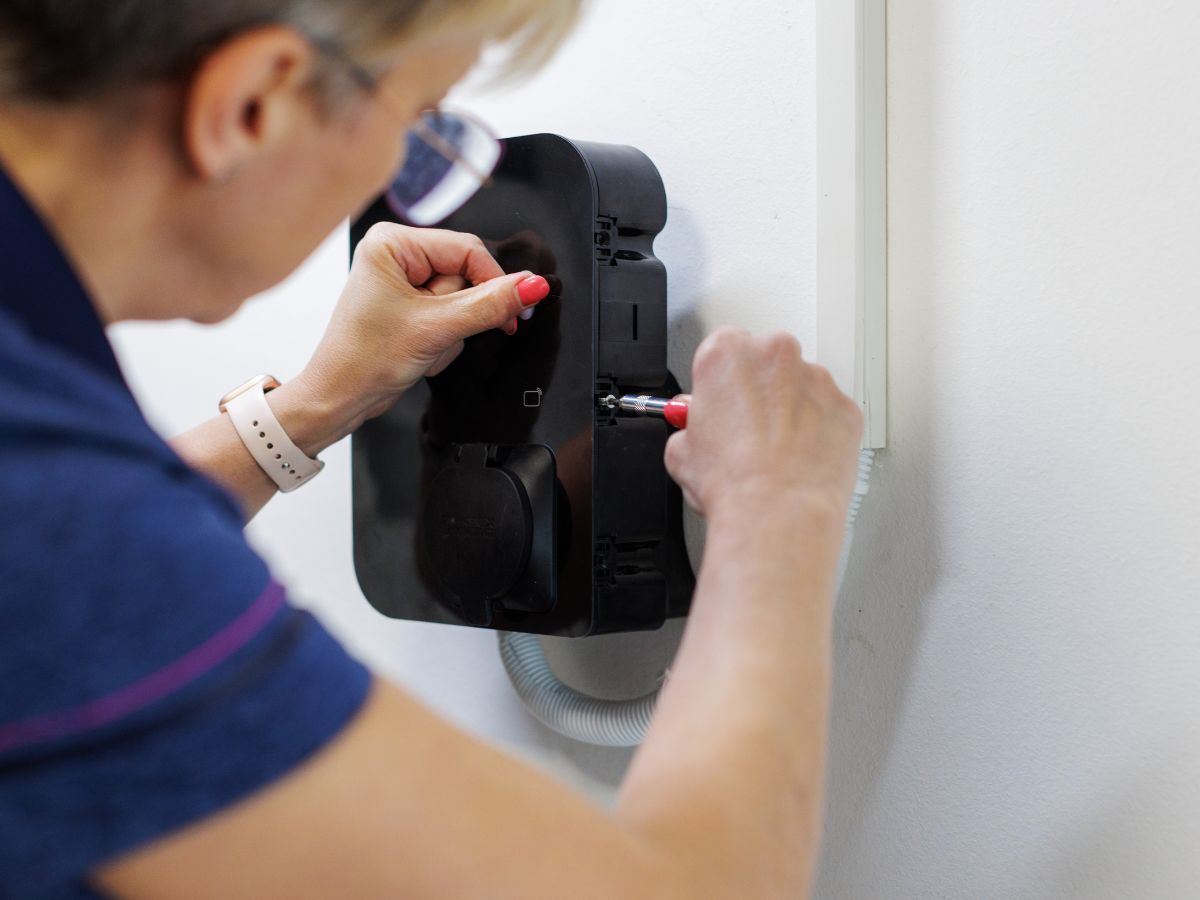
Like other appliances around the home, EV chargers need maintenance from time to time. Martel Electrical is equipped to test, maintain and repair all types of EV chargers, ensuring they remain compliant.
As part of our maintenance visits, we will inspect and test the system, as well as any charging cables. This allows us to identify potentially dangerous damage, corrosion or defects that may be affecting efficiency and charging times. If we do find an issue, we are typically able to repair or replace the affected part, so your EV chargers remain compliant.
If your system is unusually hot, slow to charge or displaying an error message, we can test the equipment to ensure everything is working properly. Avoid using your EV charger if you notice any of the above symptoms. Contact us if you are experiencing problems – our technicians can rectify the issue and get your system back up and running.
EV Charger Installation Questions
You can expect to pay anywhere from $800 to $3,000 to install an EV charger in your home. This price is for the type of level 2 charger you’ll need to install if you own a fully electric vehicle. The actual cost of the service depends on:
- The EV charger you want to install
- Any electrical upgrade work your home needs
- Switchboard upgrades
- The distance from the switchboard to the charger
- The power infrastructure in your suburb
To get a better idea of the cost, you’ll need to contact your electrician for a quote.
Level 2 EV chargers consume between 7kW to 22kW per hour when charging electric vehicles. With most electric vehicles having a battery capacity of between 35-60kWh, you can expect to pay about $12.50 to charge the car from 0-100%.
It’s also possible to charge electric vehicles using Level 1 chargers that consume between 2.4 and 3.6kW per hour. Commercially-available Level 3 chargers consume much more power, with some models using up to 350kW per hour.
You will likely need to upgrade an older switchboard to support an EV charger. EV chargers are legally required to be placed on a dedicated circuit that is protected by a Circuit Breaker and a Type B Residual Current Device (RCD). This protects your home and family from any faults that occur during charging. You’ll need to contact your electrician to find out whether your switchboard needs to be upgraded as part of your EV charger installation.
LEV chargers are installed just like other electrical devices. The EV charging unit will typically be attached to a wall in your garage, but it’s also possible to install EV chargers outdoors or under carports. Once the charging unit is installed in the desired area, your electrician will run cables and connect the EV charger to your switchboard and mains power supply.
It can take anywhere from 1 hour to 24 hours to charge an electric car. The time it takes depends on the type of charger you are using:
- Level 1 chargers – Level 1 “trickle chargers” can take anywhere from 12-24 hours to recharge an electric vehicle. Level 1 chargers are best suited for plug-in hybrid vehicles.
- Level 2 chargers – Level 2 chargers typically take 4-6 hours to recharge an electric car.
- Level 3 chargers – Level 3 fast chargers are currently only available at public charging stations. They can recharge an electric car in 1-2 hours.
Yes! Your solar panels can be used to charge an electric vehicle during the day. The power produced by solar panels needs to go somewhere. In most cases it’s fed back into the grid or into house batteries. As an alternative, your excess solar power can be used to recharge your electric vehicles. The panels may not provide enough power for fast charging, but they’ll provide a steady trickle that keeps your car ready for action.
You’ll need to size your solar system accordingly if you want to be able to charge electric vehicles using solar power alone.
Contact Us
Fill in the form below and we'll get back to you to discuss your project.
contact details
opening hours
Mon - Fri 6am - 5pm
Saturday: By appointment
Sunday: Closed
Electrical Emergencies: 24 Hours
